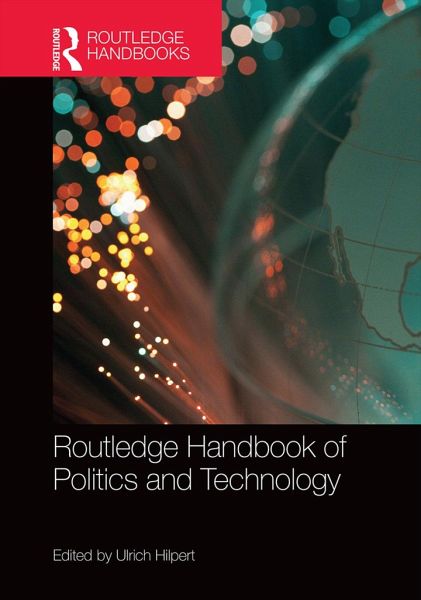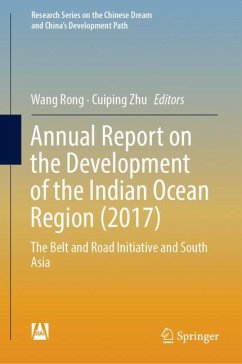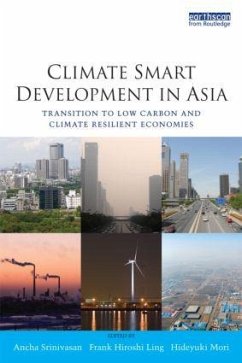
Routledge Handbook of Politics and Technology
Versandkostenfrei!
Versandfertig in 1-2 Wochen
257,99 €
inkl. MwSt.

PAYBACK Punkte
129 °P sammeln!
This handbook provides a comprehensive global survey of the politics of technology. Written by an outstanding line up of distinguished scholars in the field, the handbook covers all aspects of the relationship between politics and technology including: Demand and support for new technologies and innovation by the state The effects of technology policies Technology development and innovation difference between various countries and regions Policy instruments and techno-industrial innovation Dynamism and change as outcomes of government policies Driving forces for science and innovative developm...
This handbook provides a comprehensive global survey of the politics of technology. Written by an outstanding line up of distinguished scholars in the field, the handbook covers all aspects of the relationship between politics and technology including: Demand and support for new technologies and innovation by the state The effects of technology policies Technology development and innovation difference between various countries and regions Policy instruments and techno-industrial innovation Dynamism and change as outcomes of government policies Driving forces for science and innovative development Forming the basis of this handbook are examples of regional development, country studies and a rich variety of technologies, as well as topical issues such as divergent political interests in relation to technology and the economic exploitation of technologies. Employing a comparative and interdisciplinary approach in order to analyse the interplay between government activities and the development of new technologies, this handbook will be an invaluable resource for all students, scholars and practitioners working in the politics of technology, public policy and policy analysis.














